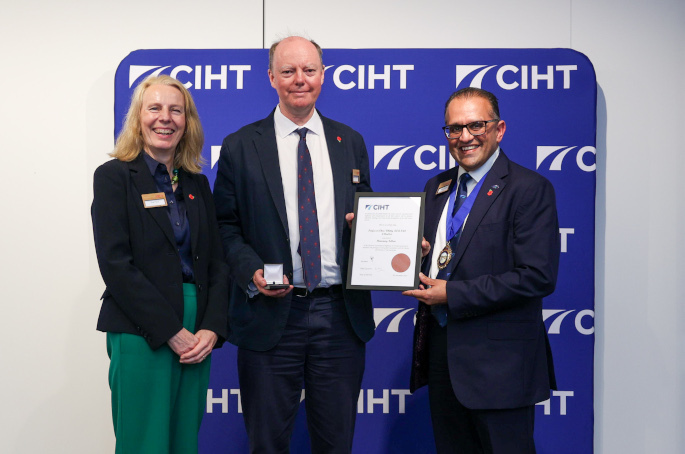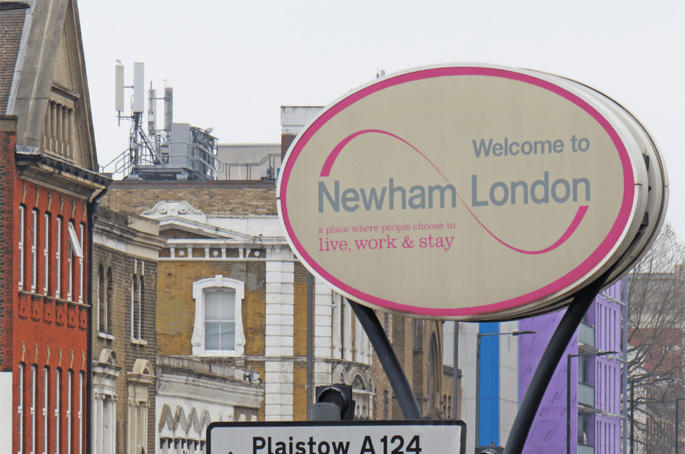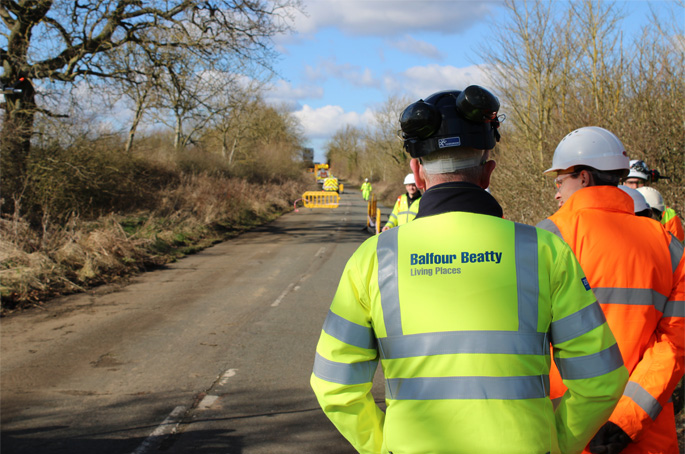Professor Chris Whitty, the chief medical officer for England, has been awarded the Chartered Institution of Highways and Transportation's (CIHT) highest honour, an Honorary Fellowship, for his work highlighting the link between transport and health.
In his outstanding career, Professor Whitty has undertaken research and worked as a doctor in the UK, Africa and Asia. He is the UK Government's chief medical adviser and head of the public health profession, as well as an advisor to Active Travel England.
Outside of the direct practice of medicine and his academic work, his previous roles have included being the permanent secretary at the Department of Health and Social Care from December 2024 to June 2025 and its chief scientific adviser from January 2016 to August 2021.
The professor is most famous for his key role in managing the COVID pandemic crisis, when he also gave frequent live televised briefings to the general public in a calm and reassuring style, despite the immense pressure of his job, earning him an enormous amount of respect from the nation.
In a statement, the institution said that as an honorary fellow 'Professor Whitty will be able to lend his voice, influence, and advocacy to CIHT's work in active travel and public health.'
Mitesh Solanki, President of the CIHT, said: 'We would like to recognise Professor Chris Whitty with our highest honour, the CIHT Honorary Fellowship, for the important work he has done especially in connection with encouraging people to incorporate active travel into their day to keep mentally and physically fit. The Honorary Fellowship is CIHT's most senior grade of Membership, and our Council has awarded it to Professor Whitty who has an exceptional record and really is making the link between transport and health.
'In presenting this award, CIHT recognises that Professor Whitty is an influential figure, who is advocating the role of transport and specifically active travel as an important solution in tackling the health inequality agenda. The Professor's commitment to improving health through active travel aligns closely with CIHT's work in this area.'
Professor Whitty received the award after giving the annual CIHT Learned Society Lecture in Central London. His lecture highlighted major health inequalities between deprived and affluent areas in England, with deprivation driving poorer health and economic outcomes.
The CIHT said in response to the lecture: 'Transport strongly affects health through active travel, air pollution, and safety. Focusing on deprived areas offers the greatest public health impact. Using heart disease as an example, the data showed the benefits of physical activity and cleaner air. Promoting active travel through practical, accessible routes can yield major health gains, while continued progress is needed on air pollution and road safety. '
The CIHT has also launched a policy report on Overcoming the barriers to implementing active travel schemes and said it 'looks forward to working with government and partners 'towards reducing preventative health conditions through highlighting the benefits of walking, wheeling, and cycling'.
Professor Whitty is also a practising NHS Consultant Physician at University College London Hospitals and the Hospital for Tropical Diseases, and a visiting professor at Gresham College.
Photo (L-R): Sue Percy CBE, chief executive of CIHT, Professor Chris Whitty KCB FRS FMedSci, and Mitesh Solanki, President of CIHT.
































